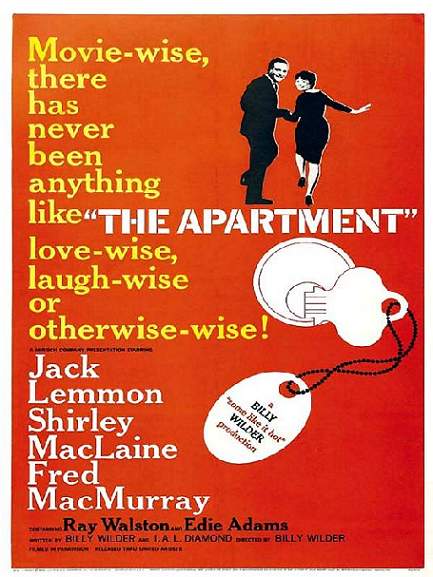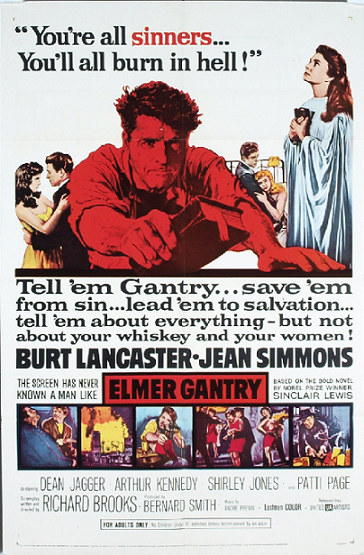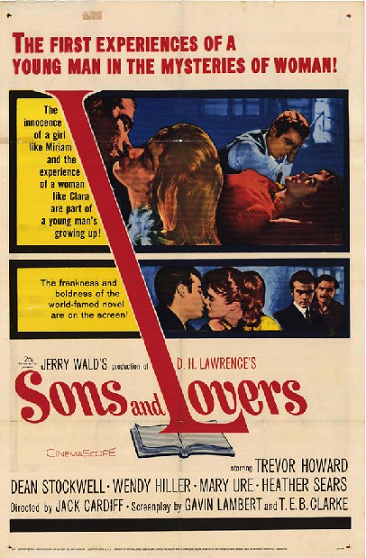
Starring: John Wayne, Laurence Harvey, Richard Widmark, Frankie Avalon, Chill Wills
Director: John Wayne
Summary: Davy Crockett and Jim Bowie join the fight for Texas’ independence from Mexico
Other Nominations: Supporting Actor (Wills), Dramatic/Comedy Score, Original Song (“The Green Leaves of Summer”), Sound Recording*, Color Cinematography, Film Editing
Positives
-There’s a lot to like about the presentation. After Ennio Morricone, Dimitri Tiomkin (High Noon, Rio Bravo, Red River, Gunfight at the O.K. Corral, Duel in the Sun) was probably the greatest composer of Western films, and The Alamo is one of his best. The Alamo itself is an outstanding near-copy of the real building and looks terrific (Not sure why it didn’t get an Art Direction nomination among its other awards), and the costumes are solid.
-The action is great old-school practical stunts and explosions stuff, but I’m surprised there’s not more of it-the first two hours have a couple of sneak attacks by the Texians, but it’s back-loaded; this is logical, but it’s more of a knock against the movie that it took two hours to get to the real meat of the film.
Negatives
-While the acting is fairly mediocre, most of the problems this movie has come from its script. The dialogue is poor, and there’s so much extraneous stuff in this movie that’s way too long (I watched the shorter version which was still 2 hours and 47 minutes)-why do we need a subplot about Wayne saving a woman from having to marry some jerk that in no way plays into the larger story? Why does it take 90 minutes before the Mexicans even arrive? Ultimately, it’s baffling to me that they decided to make up a largely fictionalized account of the battle (one historian said “there is not a single scene…which corresponds to a historically verifiable event” and the two historical advisors demanded their names be removed from the film) when real life was already interesting enough? The three major figures are two of the most mythologized men in American history (Davy Crockett and Jim Bowie), and the guy commanding the soldiers and sacrificing his life for the cause of Texan independence who was a lawyer who came to Texas only to flee his debt collectors. They also don’t explore any of the causes that led to the Texan-Mexican conflict (i.e. why are these people fighting?) and don’t really address what made the Alamo so significant in the war effort-not that it bought Sam Houston time, but that Santa Ana’s cruelty at the Alamo sparked a huge increase in Texans enlisting to fight. There are many ways they could have made a really good movie about the Alamo, but this was not one of them.
Other Stuff
-Wayne’s huge expensive publicity push and powerful connections within the Academy was the reason this movie was a Best Picture nominee. After the nominations, but during the voting period, Chill Wills put out one of the most hilariously crass ads ever in Variety, saying “We of The Alamo cast are praying harder than the real Texans prayed for their lives at the Alamo for Chill Wills to win the Oscar.” Wayne was furious, and needless to say it killed any chances her had for winning.
-The movie originally premiered in a 202 minute roadshow version, but was trimmed to 167 for general release. While this roadshow version is available on VHS, Laserdisc and sometimes shows up on TCM, it is not available on DVD or Blu-Ray. I ended up watching the general release version for this reason even if I would usually watch the original version that most Academy voters would have seen.
Overall
The successful publicity push behind this movie despite (justifiably) mediocre contemporary reviews means that I don’t get to watch Psycho, Spartacus, Inherit the Wind or any number of better movies from 1960 that got Oscar recognition. The screenplay is terrible and the quality presentation only makes up for it so much.
Rating: D+




